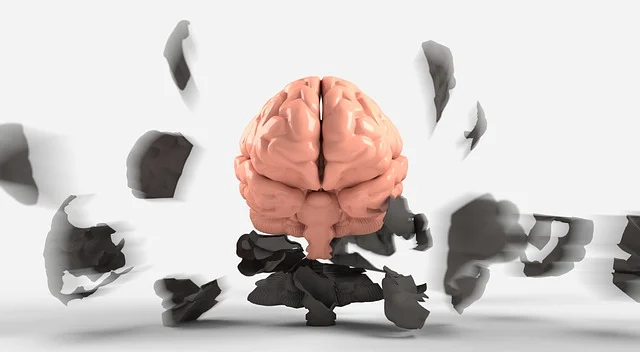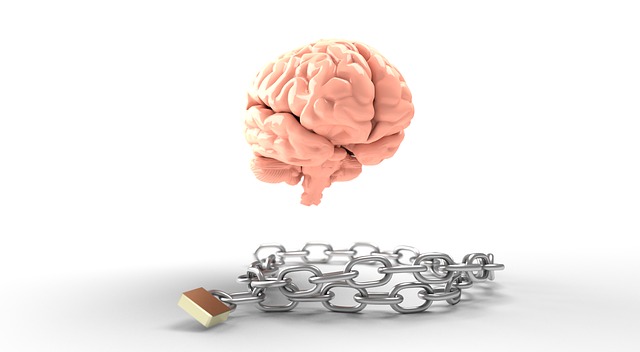Have you ever tried to understand “What is brain fog?” At times, you find yourself in a fuzzy state, unable to make decisions regarding daily life. Certainly, it feels as if your focus is all baffled, and your brain’s organic functioning has taken a back seat.
When hit by the phase, a person faces difficulty recalling events. And most prominently, there will be alterations in how you feel about yourself. Though not typically a medical condition, brain fog is the after-effect of multiple health conditions related to one’s physical and mental well-being. Moving ahead, the write-up tries to help you with the question, “What is brain fog?” The symptoms, their causes, and ways to mitigate them. Also, interestingly, by the end, you will be able to differentiate between Brain fog and SAD.
What Is Brain Fog?
Brain fog can be described as disorientation and confusion. Researchers and doctors usually do not consider it a medical condition. Instead, when they are asked, “What is brain fog?” They describe it as symptoms associated with cognitive impairment backed by multiple causes. When the brain fog phase hits a person, their understanding, thinking, and remembering process fails to work as it should.

Symptoms
Now that you know, “What is brain fog?” It’s time to help you learn the symptoms related to the same. The symptoms are hard to spot. But most of the time, the immediate family or friends notice the initial change. And should help the patient cope with the changes. Moving on, here is a list of the common symptoms.
- The person finds it difficult to remember daily chores. They start preparing food but get distracted midway and forget to finish. Or they find it hard to recall whether they have added all the necessary ingredients. Also, you will find the affected person forgetting important appointments with the doctor.
- There is a setback in the concentration levels of the affected person. They find it difficult to focus on a particular task or process for too long, usually against their mere nature. Also, during such a time, the person finds it difficult to follow instructions and directions from others.
- One sometimes feels overwhelmed while organizing tasks or making decisions. The person’s decision-making ability is hindered by overthinking about the consequences.
What Are The Causes Of Brain Fog?
When you are trying to get an in-depth understanding of the term, it is essential to learn the causes simultaneously. Usually, it is believed that brain fog is an after-effect of inflammation triggered by stress hormones, viral infection, and medication.
Also, major illnesses like COVID or fever and other mental health conditions like Seasonal Affective Disorder (SAD), Anxiety triggers, and Major Depressive Disorder cause the same.

What Is The Difference Between SAD And Brain Fog?
People suffering from bipolar disorder or recurrent hypomanic episodes undergo SAD symptoms. Also, they have a previous history of traumatic experiences or mental health problems. All are related to hyperactivity, attention deficit, eating, and panic disorders. Usually, episodes of SAD are mostly common in the late fall or the early summer. People and their disorders are in sync with the seasons. And it is during a particular time of the year when one finds themselves in a typically bad mood.
On the other hand, brain fog is an after-effect of SAD or other mental/physical disorders. It is not related to any particular season. The affected person usually finds it hard to concentrate. There is a delay in decision-making, and they are more worried about the after-effects than the task itself.
How To Deal With Brain Fog?
According to studies, treating the main cause of brain fog helps one eliminate the cognitive illness they are going through. Here is a list of lifestyle changes and therapies that one can include in the treatment process:
- Cognitive Behavioral Therapy – The primary motive is to help the person cope with anxiety and depression. These are some of the primary reasons for brain fog.
- Exercise – Indulging in physical activities on a day-to-day basis helps with the oxygen supply to the brain. Thus strengthening the communication levels between the nerve cells in the brain. On average, one shall exercise for 30 minutes daily for adequate outcomes.
- Diet – The affected person can start an anti-inflammatory diet to reduce the inflammation in the brain. One can opt for the Mediterranean diet that comprises leafy vegetables, whole grains, and lean meat. Also, the affected person has to limit daily sweets and red meat intake.
- Get Enough Sleep – Seven to eight hours of sleep is important for the brain to function properly. Lack of sleep and a disrupted bedtime routine can worsen the brain fog. An unfulfilled sleep routine will only hamper your physical and mental functioning.
Here’s hoping that you have a comprehensive overview of the topic by now. Now that you know the details help someone passing through such a phase.



